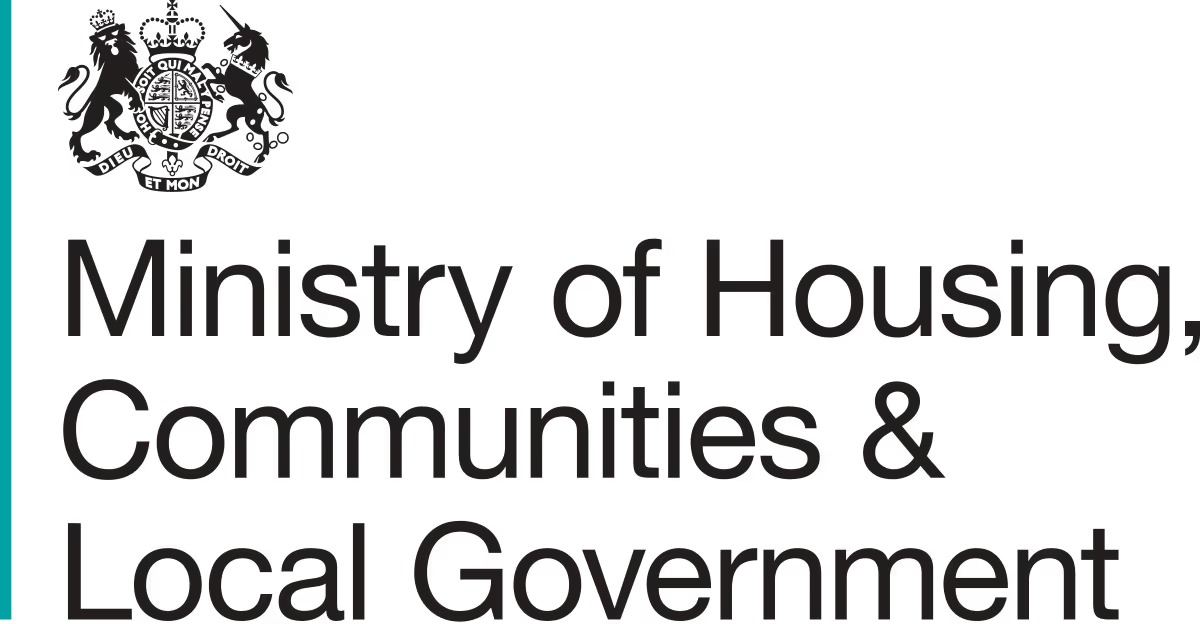Monday, September 8, 2025
This guide is here to help you understand the different ways leasehold properties are managed and how we can help resolve complaints.
Where we are unable to help, we will try to point you in the right direction and offer guidance on places you may find help and advice here.
The leaseholder buys and owns the property for a set period(the lease) but does not own the land on which it is built. The land is owned by the freeholder.
As a leaseholder, you will have rights and responsibilities which will include knowing:
A residents’ management company (RMC) is most often the leaseholders, where the lease specifies this is allowed or they own the freehold, who collectively manage the block. An RMC is set up as a not-for-profit limited company with the leaseholders being the ‘shareholders’ who can volunteer to become a director.
The terms of how this should be set up are normally set out in the lease, providing the tools to look after and maintain the building.
Typically, the responsibilities of the RMC will include the management and maintenance, such as:
Where there is no RMC in place and the leaseholders request the right to take responsibility from the owner(s) of the freehold, they will form a ‘right to manage’ company (RTM).
The guidance set out below applies to both RMC’s and RTM’s.
If the RMC feels that self-management does not work for them, they may appoint a managing agent to manage the building’s communal areas, such as stairs and hallways and other duties on their behalf.
Typically, the responsibilities will include the management and maintenance, such as:
Our members include many managing agents, and we are here to consider any complaints made against them by a consumer, such as an RMC or an individual leaseholder.
As you can see, many of the responsibilities above involve service elements, whether it be to the property itself or the leaseholder. We are here to help if you have a valid complaint about the service which you have received, and we will assess if the leaseholder(s) have been badly treated.
Please be aware our authority to deal with complaints about property management agents is restricted to unfair treatment, including, but not limited to:
It is outside our authority to consider a complaint if:
In the event that we cannot accept your complaint as it falls outside of our authority to deal with, we will provide you with the reasons for our decision and try to signpost other places that may be able to help, such as Leasehold advisory service the First tier tribunal property chamber or our very own Other places for help and advice
If you are making a leasehold complaint, you will need to provide us with the following information so that we can understand how your leasehold property is set up and whether we can help you:
Please always provide a copy of the lease.
These are functions carried out by Trading Standards and the Government. Our authority does not allow us to:
For more detail on our authority to deal with complaints, please refer to the Property Redress key documents - Terms of Reference and the Conditions of resolution








